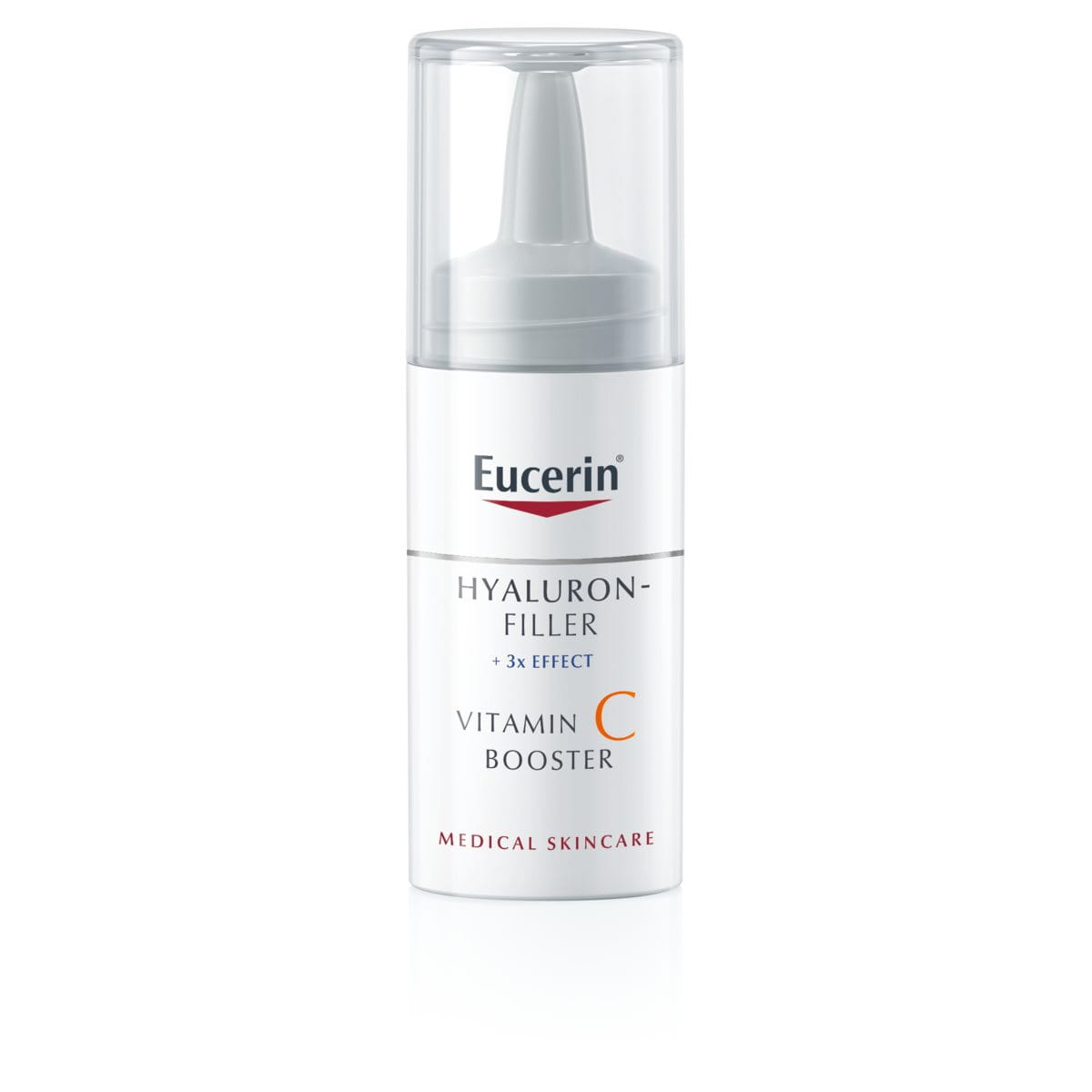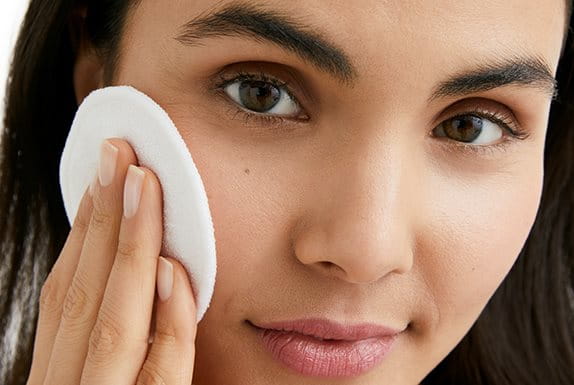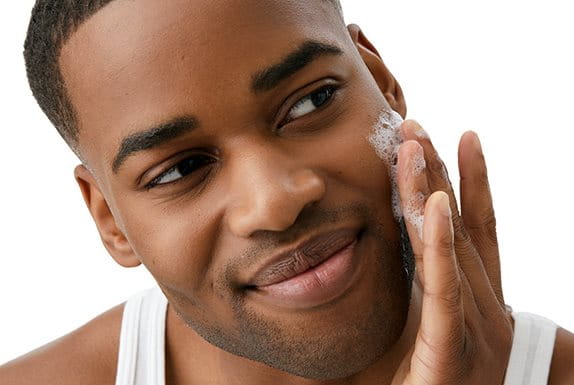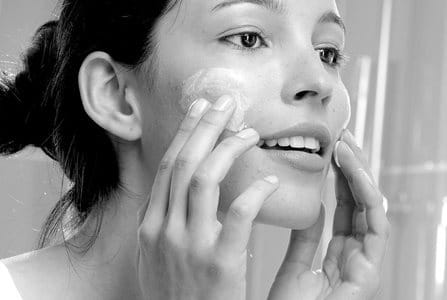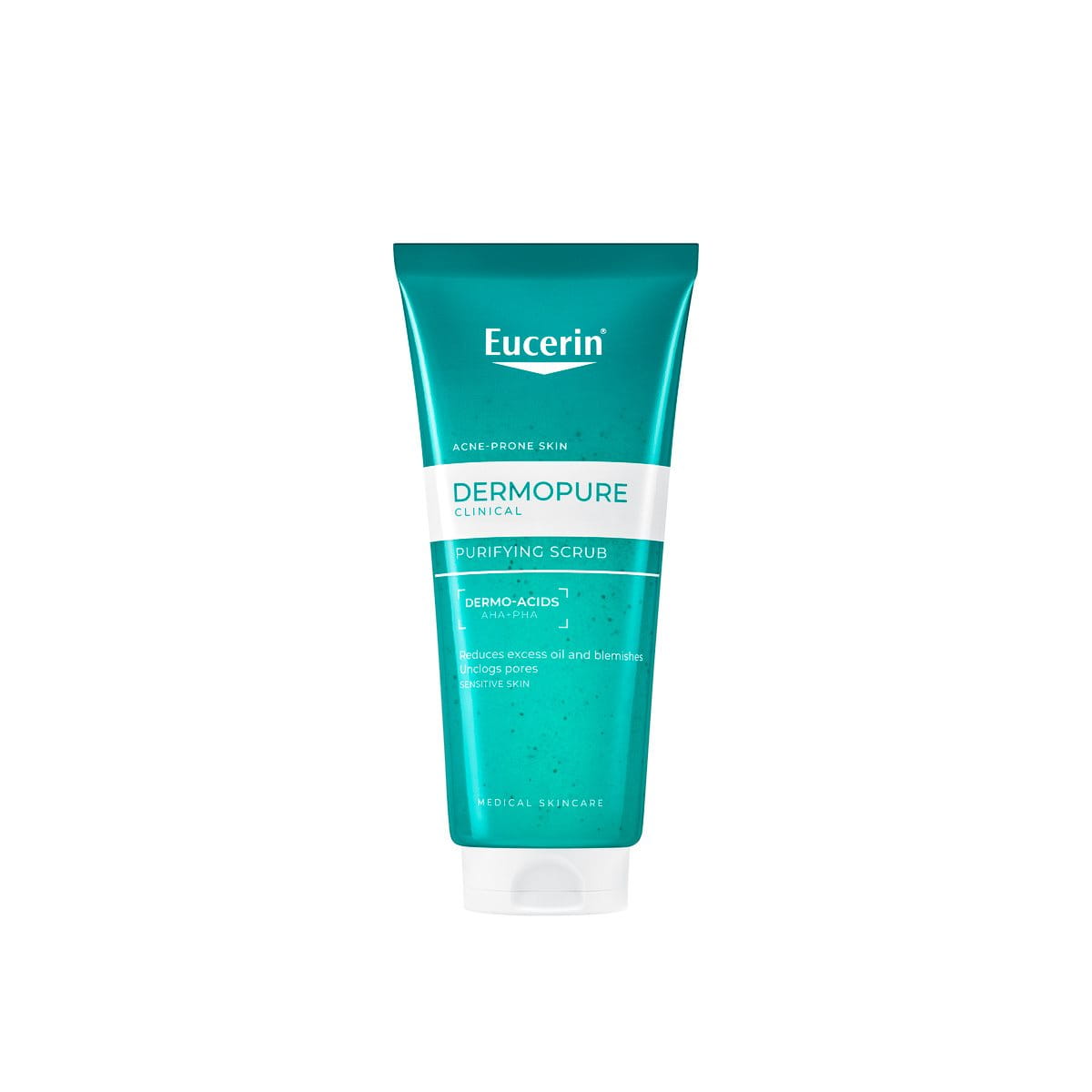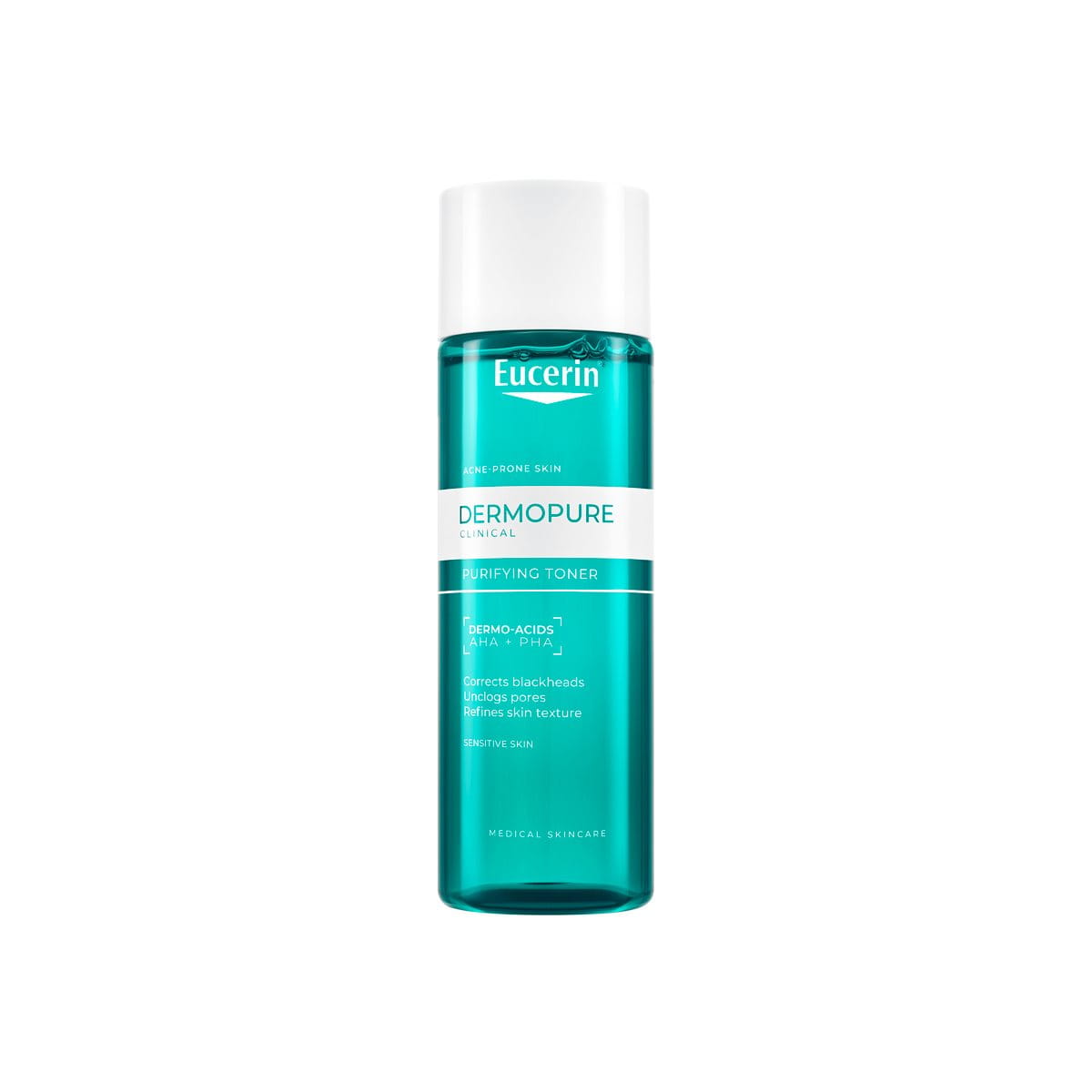There is a wide range of acne medication options available: from topical treatments for mild symptoms through to drugs of varying strengths to treat more severe cases. The right medicine, when used according to prescription, will help to reduce blemishes and decrease the risk of permanent damage to skin. This article outlines the most common acne medications. You can find out more about each of them in Acne treatments: how they work and their possible side effects.
How do I know if medical treatment is the right option for my skin?
If you have acne, and your blemishes are bothering you, then you might want to consult your doctor.
Acne treatment follows strict national and international guidelines1 and, after a close examination of your skin, your doctor or dermatologist (a doctor specializing in skin) will be able to advise on which treatment is best for you and most likely to address the causes and symptoms of your acne. You can read more about what causes acne in causes and triggers of acne and find out about how blemishes develop in the development of acne.

Medical professionals generally agree that, in moderate to severe cases of acne, the timely use of drugs can help to prevent symptoms from worsening and reduce the risk of scarring.
1 - Nast, A., Dréno, B., Degitz, K. et al. (2012), European Evidence-based (S3) Guidelines for the Treatment of Acne, Journal of the European Academy of Dermatology and Venereology, 26, S. 1–29.
What acne medication options are there?
The following list outlines the most common acne medications. You can find out more about how they work and their possible side effects in Acne treatments: how they work and their possible side effects:
Benzoyl Peroxide
If your acne is mild to moderate your doctor may well recommend Benzoyl Peroxide in the first instance. It comes as a cream or a gel which you apply to your affected skin and, in many countries, is available without a prescription.
Topical retinoids
As an alternative to Benzoyl Peroxide, your doctor may prescribe a topical retinoid. A topical product is a cream or gel that you apply to your affected skin. A retinoid is a retinol, or Vitamin A, derivative.
Azelaic acid
Recommended when Benzoyl Peroxide and topical retinoids have not delivered results or if someone has experienced negative side effects using them. Also recommended for skin that is particularly sensitive to sunlight as does not exacerbate the condition).
Topical and oral antibiotics
These are only prescribed for use in combination with another medical acne treatment to prevent bacterial resistance, reduce the growth of P.acnes bacteria and help to prevent skin infections. Topical antibiotics are applied externally to the affected area, oral antibiotics come in tablet or liquid form. . You can find out more about P.acnes in the development of acne and behind the science of micro-inflammation.
Combined oral contraceptive pill
Acne is directly related to fluctuations in our hormones and for women who experience hormone-related flare-ups, dermatologists may recommend certain oral contraceptives proven to be effective against acne.
Isotretinoin
For severe, stubborn and persistent acne, the most common and effective medication is a drug called Isotretinoin. It is only prescribed when other medications have not worked.
When should I expect to see results?
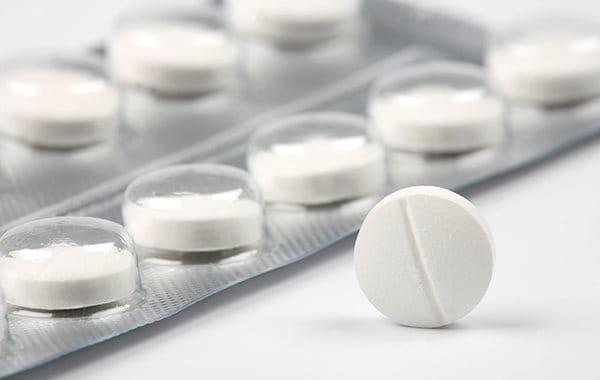
Sadly, no acne medicine promises instant results and treatment needs to be applied or taken consistently for the recommended period of time. Most people start to notice results between four to eight weeks after starting treatment but it can sometimes take up to three months.
Dermatologists say that one of the main reasons for medication not working is that patients do not follow the correct prescription or stop taking the drug before the end of the course. You can find out more about the possible reasons for this is in Acne treatments: how they work and their possible side effects
“Acne treatment - whether medical or not - takes time to have a noticeable effect. Don’t give up!” Dr med. Markus Reinholz, Dermatologist
Our brand values

We deliver a holistic dermo-cosmetic approach to protect your skin, keep it healthy and radiant.

For over 100 years, we have dedicated ourselves to researching and innovating in the field of skin science. We believe in creating active ingredients and soothing formulas with high tolerability that work to help you live your life better each day.

We work together with leading dermatologist and pharmacist partners around the world to create innovative and effective skincare products they can trust and recommend.


